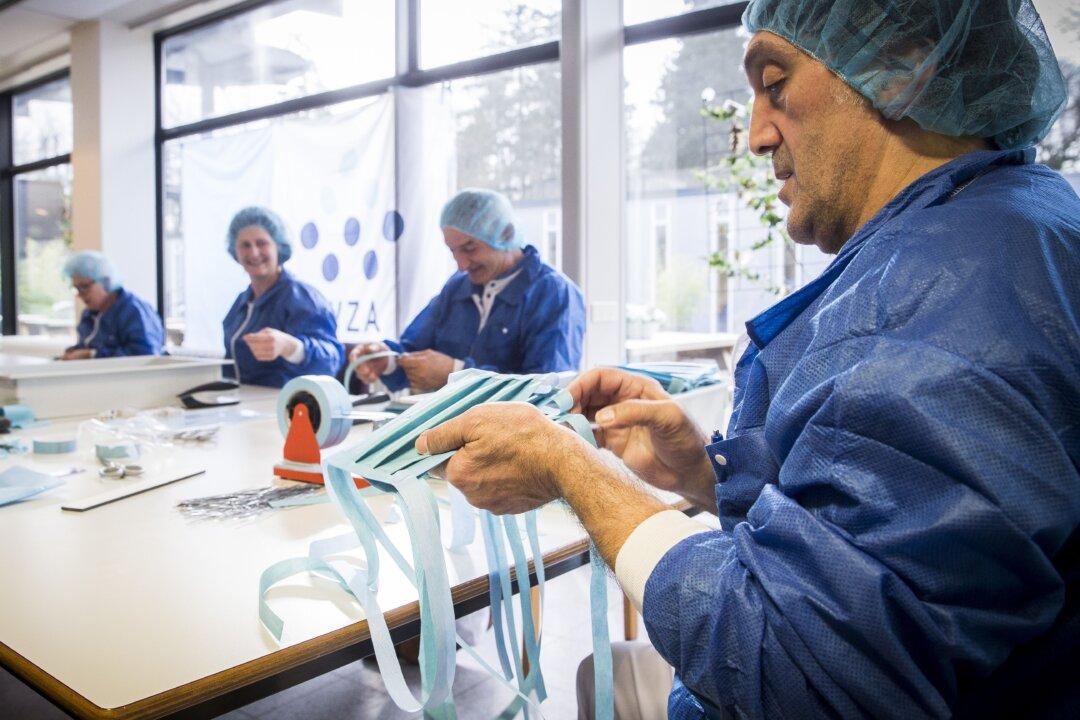Hundreds of thousands of masks sent to Dutch hospitals from China amid the CCP virus pandemic have been recalled after tests showed they failed to protect the face or had defective filters, the health ministry announced on Saturday.
The Epoch Times refers to the novel coronavirus, which causes the disease COVID-19, as the CCP virus because the Chinese Communist Party’s coverup and mismanagement allowed the virus to spread throughout China and create a global pandemic.




